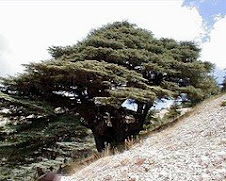Easy to grow tuber offers Africa hope
TheStar.com - Opinion - August 15, 2008
by Carol Goar
We can be so clumsy in our enthusiasm, so destructive in our haste, that African development experts have learned to speak carefully in our presence.
Dr. Nzola Mahungu, one of Malawi's leading scientists, sees cassava, a calorie-rich root crop grown in tropical regions, as Africa's great hope. But he dared not describe it that way during a recent visit to Toronto. He might have set off a stampede of well-intentioned but overzealous aid agencies.
Instead, he outlined the benefits and challenges of commercializing cassava in almost clinical terms.
It is one of the most versatile plants in the world. It is drought resistant. It can grow in poor soil. It can be left in the ground for up to three years and harvested as needed.
It contains the highest concentration of starch of any food crop. Its leaves are loaded with proteins.
The tubers can be eaten (like potatoes) boiled, baked or fried. They can be milled into flour for making bread, crackers, pasta and tapioca. They can be fermented to produce alcohol. They can be ground into fibres for paper, textiles, adhesives and dry cell batteries. Or they can be added to animal feed.
The leaves can either be eaten (like spinach) or used to increase the protein content of animal feed. The stalks can be burned as firewood. The residue can be used to produce ethanol.
These properties have led some agronomists to call cassava a supercrop. Mahungu is more cautious. He and his colleagues at the International Institute of Tropical Agriculture are acutely aware of its potential, but know the importance of ramping up production at Africa's pace, taking into account the needs and culture of its people.
Full Toronto Star article on cassava as super crop for Africa
NYS: Why Are Authoritarian Entities Needed to Create Charter Schools if
They Are So Popular?
-
The charter school industry has been operating in overdrive for several
decades, trying desperately to convince everyone that charter schools are
amazing...
10 hours ago



No comments:
Post a Comment